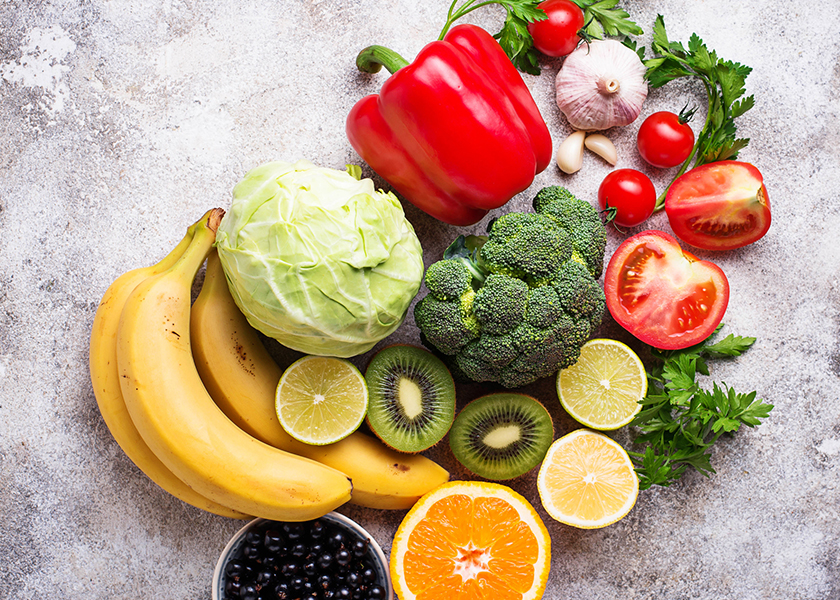
Get Your Vitamin C
By Claire Georgiou, Reboot Naturopath, B.HSc ND
Vitamin C is an essential nutrient. Since your body can’t easily store this water-soluble vitamin, you’ll need to get it via your diet or through supplements. Fortunately, since it’s found in any number of delicious fruits and vegetables, such as citrus, broccoli and potatoes, that’s a relatively easy task.
Find out more about exactly how much of this vitamin you need to have each day, along with its many health benefits.
Vitamin C health benefits
In your body, vitamin C acts as an antioxidant, protecting your cells from free radicals, which contribute to aging and disease. But that’s not all. This vitamin also performs several key functions, including:
- Helping your body absorb and store non-heme iron (aka, the kind of iron found in plant-based foods)
- Making collagen
- Forming cartilage, muscles and more in your bones
- Supporting immune health (although unfortunately, it can’t prevent the common cold)
- Speeding up the healing process for wounds (think: cuts, broken bones and abrasions)
Vitamin C may also help lower your risk of both cancer and cardiovascular disease. The vitamin may be helpful for your eyes, potentially helping slow the progression of age-related macular degeneration, and possibly lowering the risk for forming cataracts.
How much vitamin C do you need?
If you’re an adult, you’ll need to get between 75 and 90 milligrams (mg) of vitamin C each day. People who are pregnant or breastfeeding need more, as does anyone who smokes.
But it’s not hard to consume vitamin C.
A yellow pepper, for instance, contains 342 mg (that’s more than three times what you need to have each day). A medium-sized orange has 83 mg, and a half-cup of Brussels sprouts (cooked) has 49 mg. Broccoli is yet another good source of the nutrient, with 51 mg.
What happens if you don’t get enough
In modern times, with produce readily available and many foods (like cereal and milk) fortified with vitamin C, having a deficiency of this vitamin is rare in the United States.
Still, there are some scenarios that can make it harder to get the vitamin C you need each day, such as smoking cigarettes or being exposed to secondhand smoke, having a limited diet without eating a variety of foods or having certain medical conditions.
Vitamin C deficiency can cause weakness, irritability and weight loss. Without treatment, symptoms worsen, including tooth and gum issues, infections and difficulty healing wounds.
Sources of vitamin C
Foods high in vitamin C include:
- Peppers (capsicum)
- Berries
- Citrus fruit
- Spinach, kale and other dark, leafy greens
- Kiwi
- Tomato
- Cantaloupe
- Broccoli
- Papaya
- Mango
- Watermelon
- Brussels sprouts
- Cauliflower
- Cabbage
Try these 6 refreshing vitamin C-rich juices :